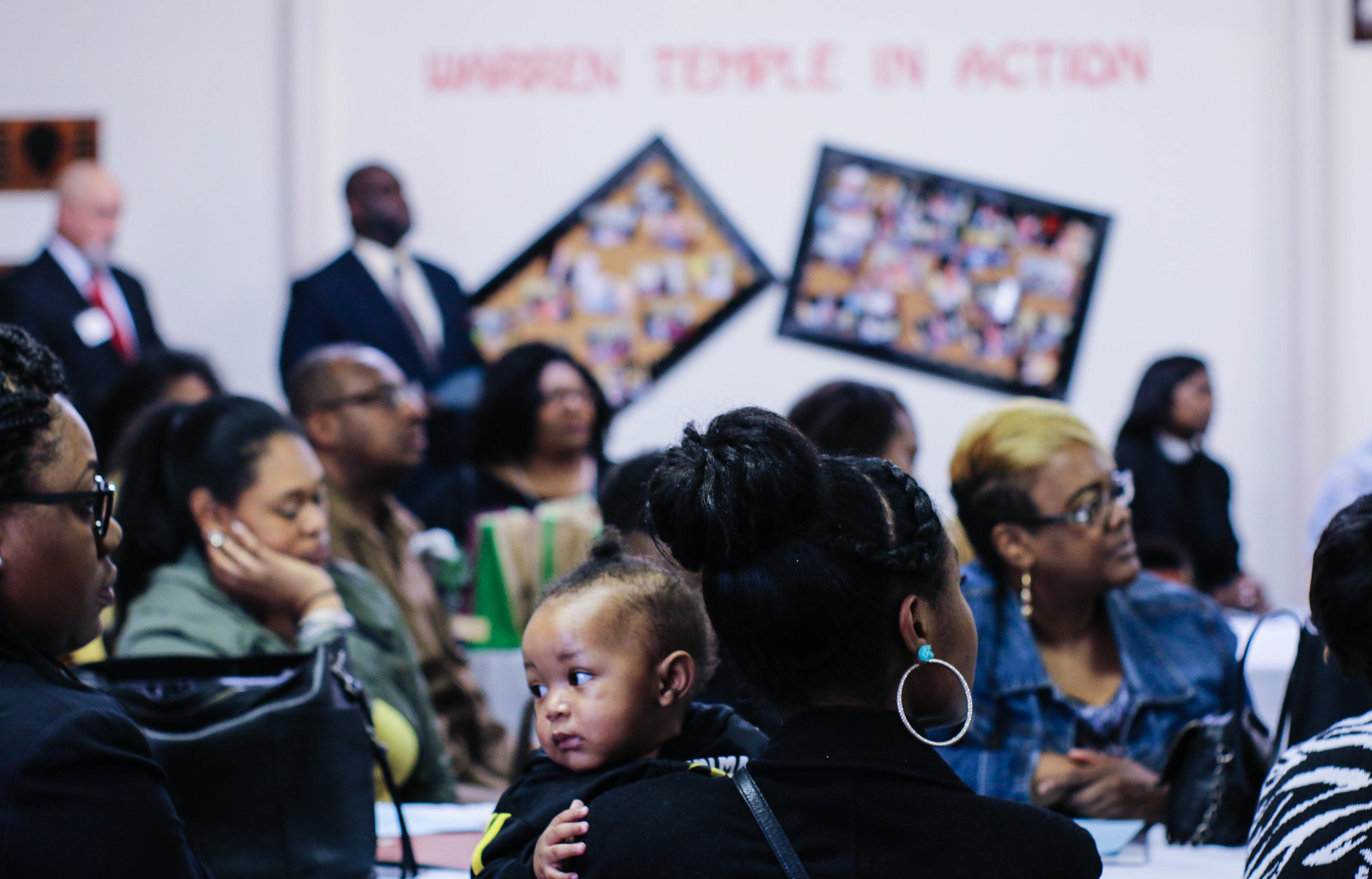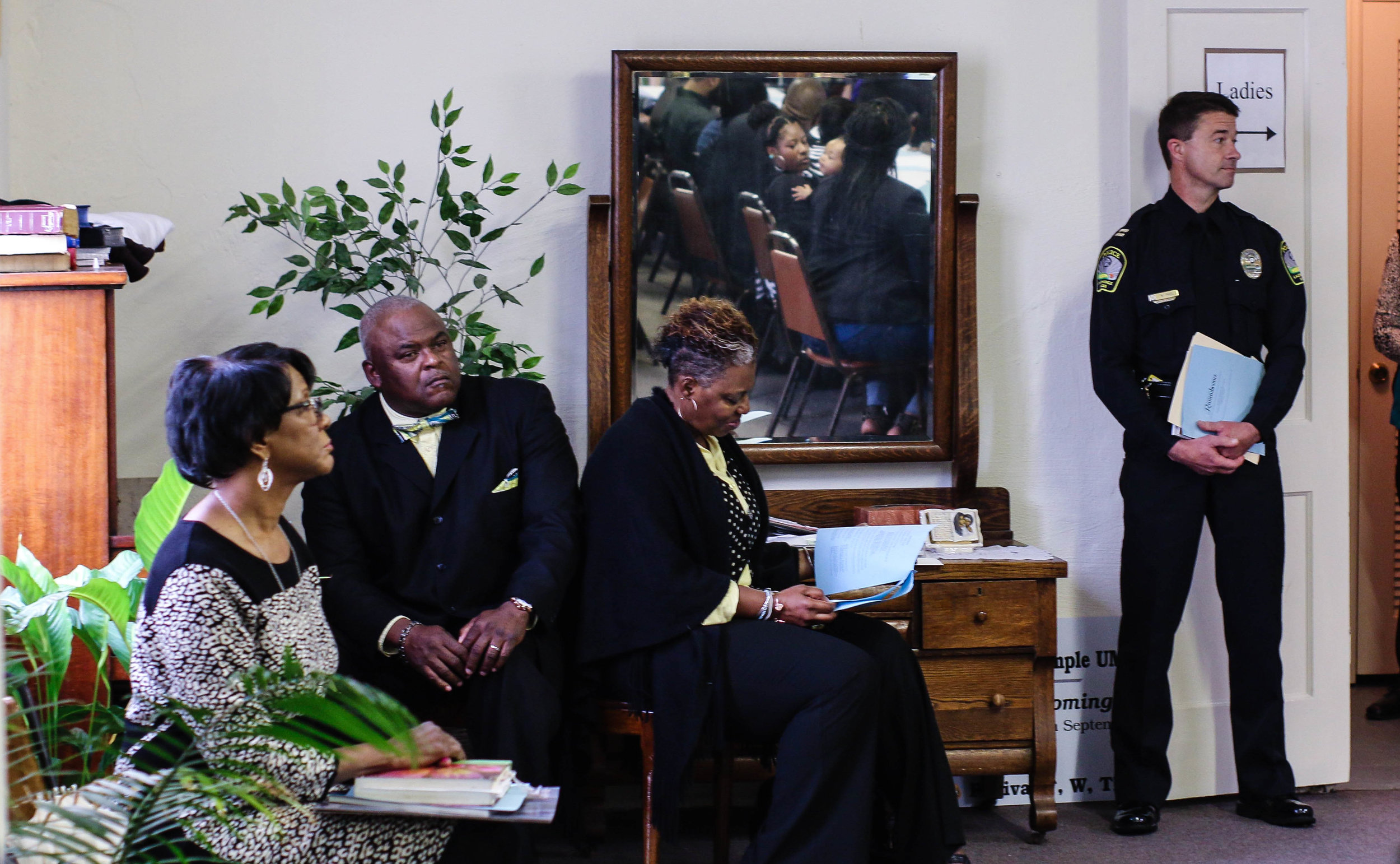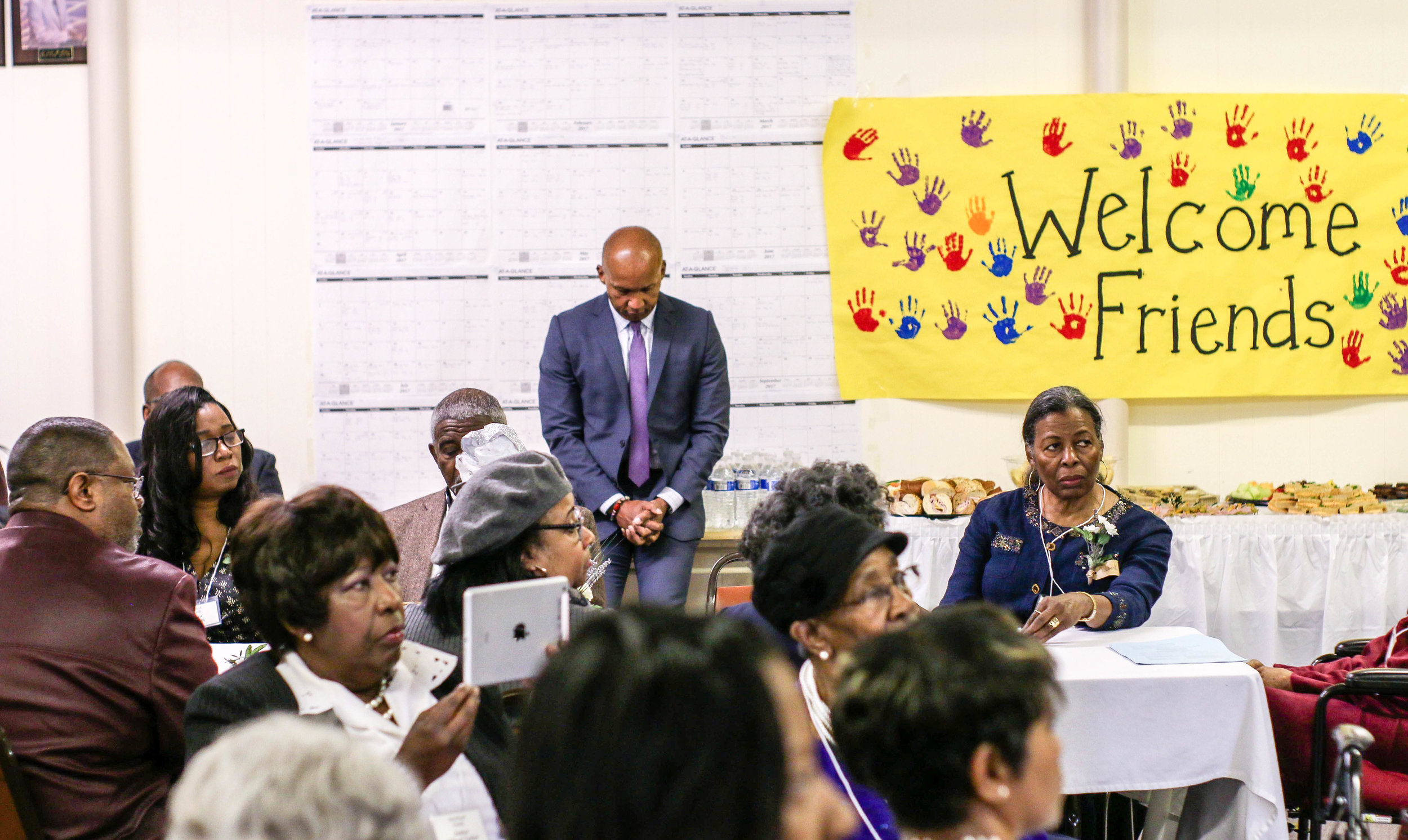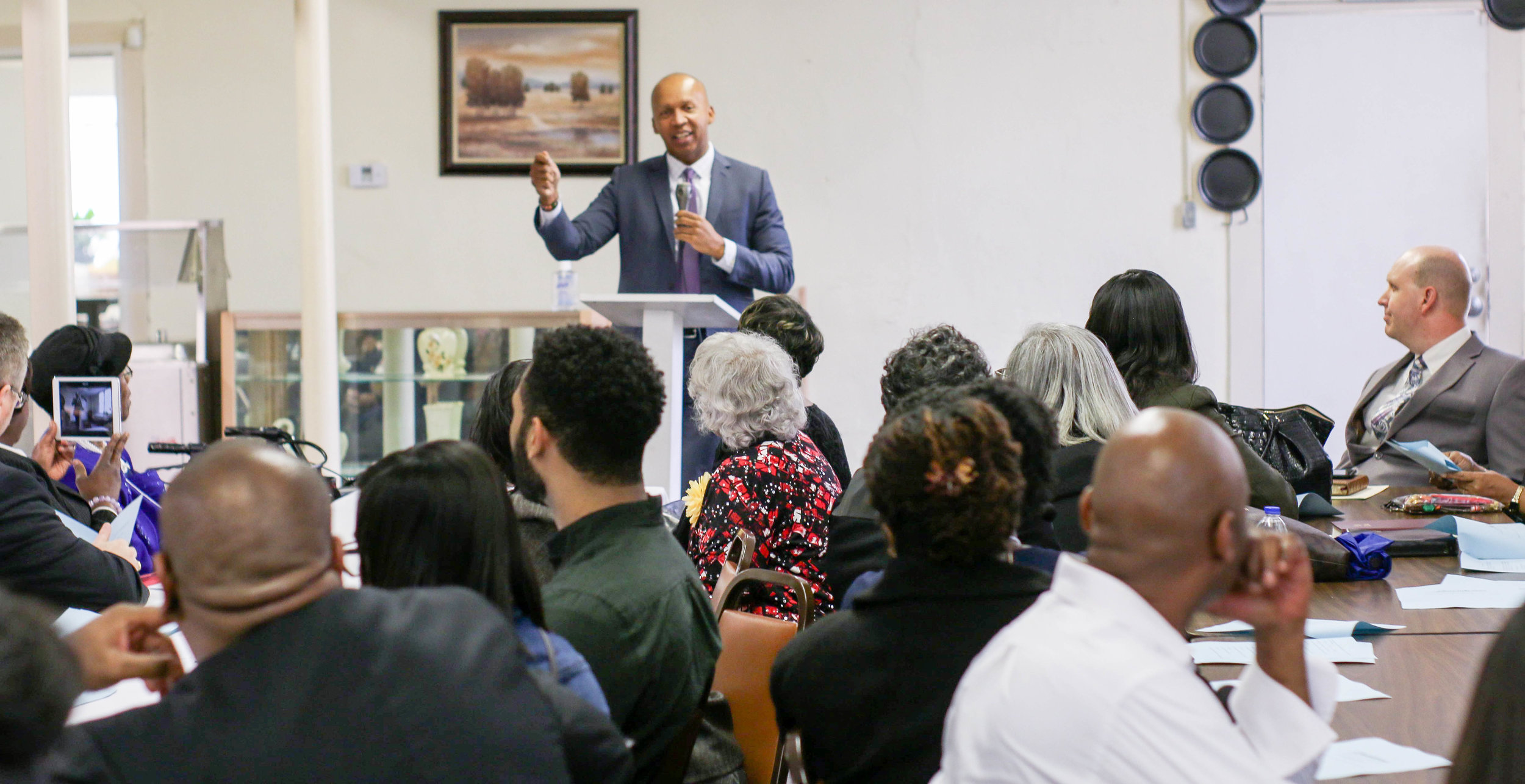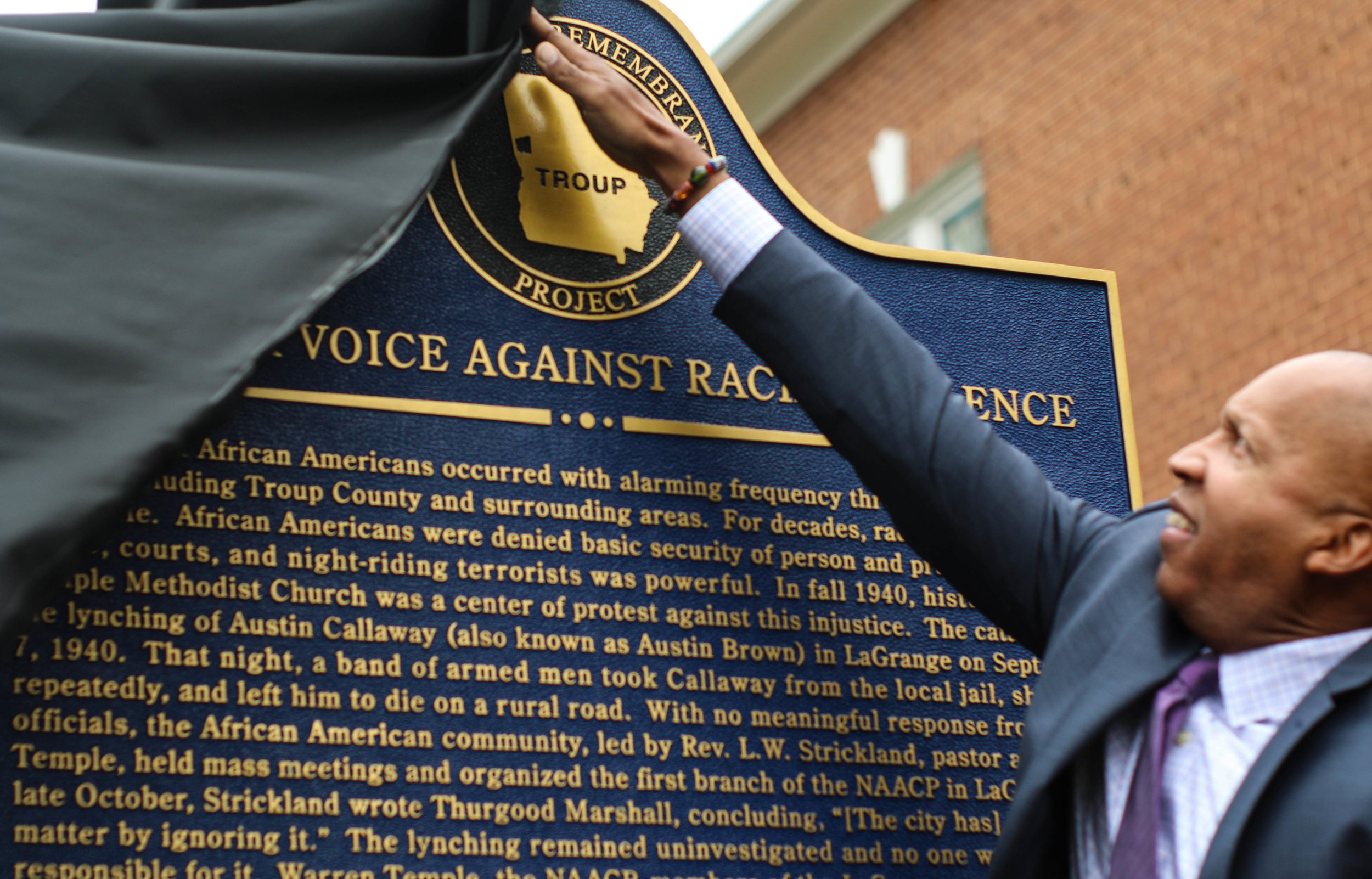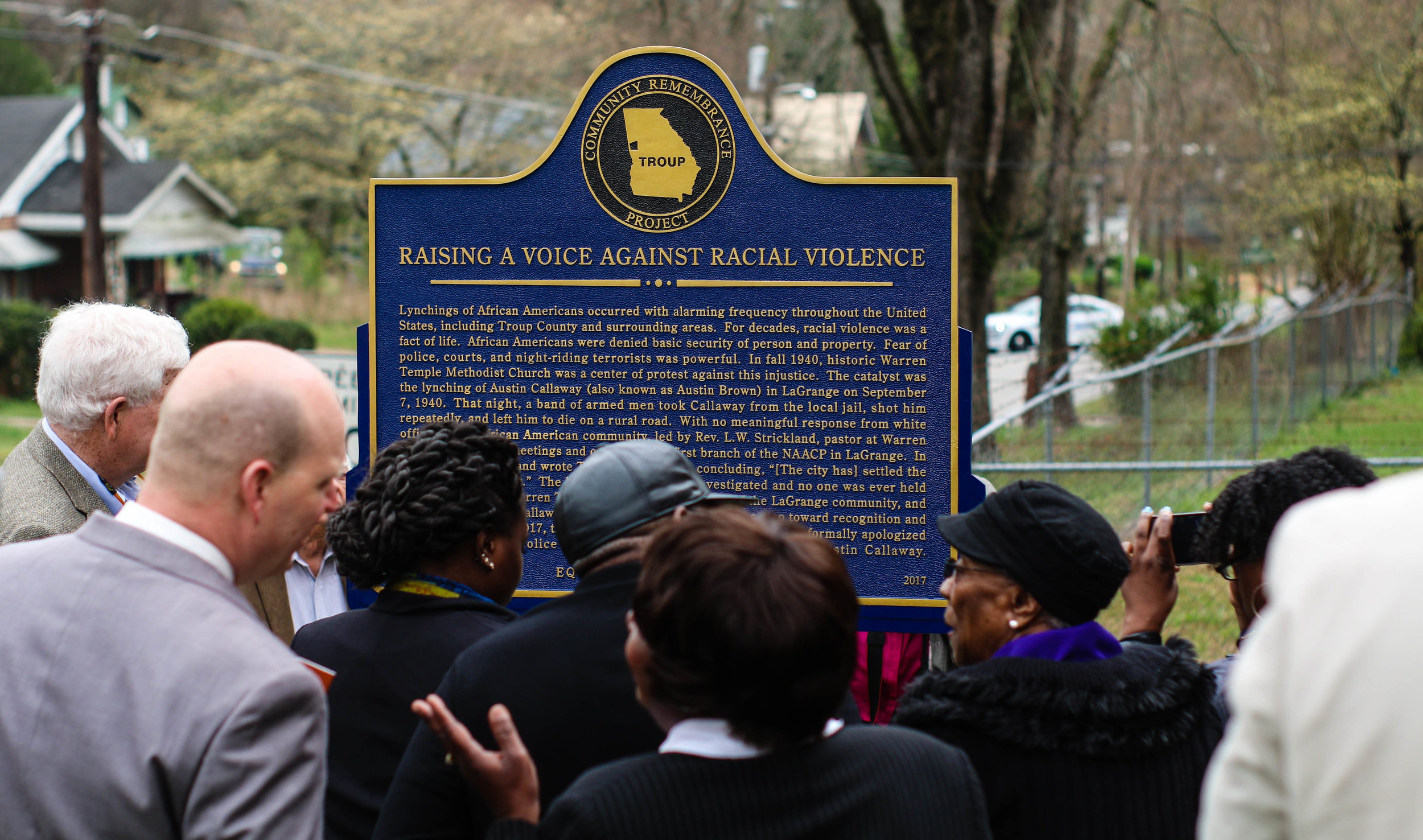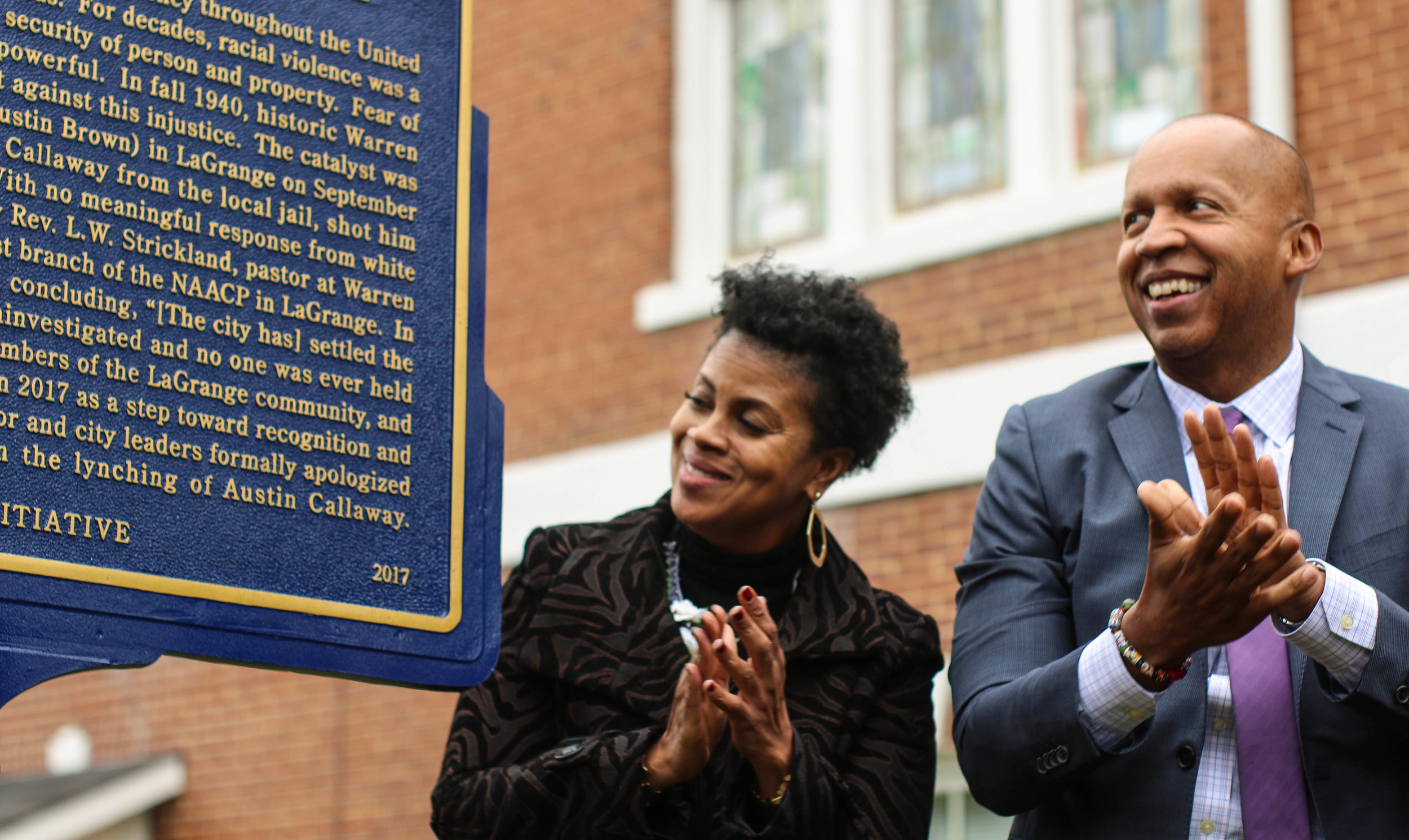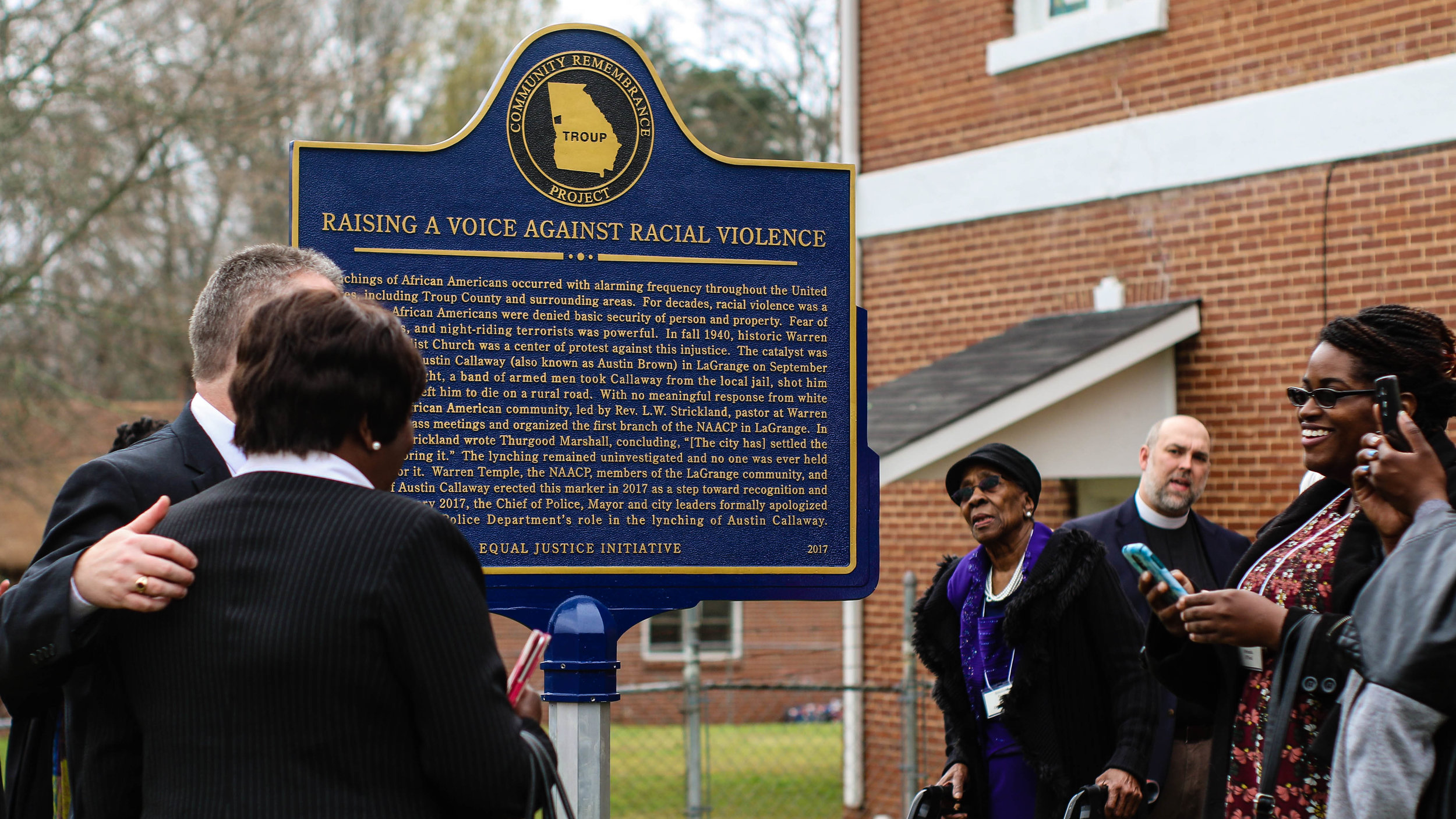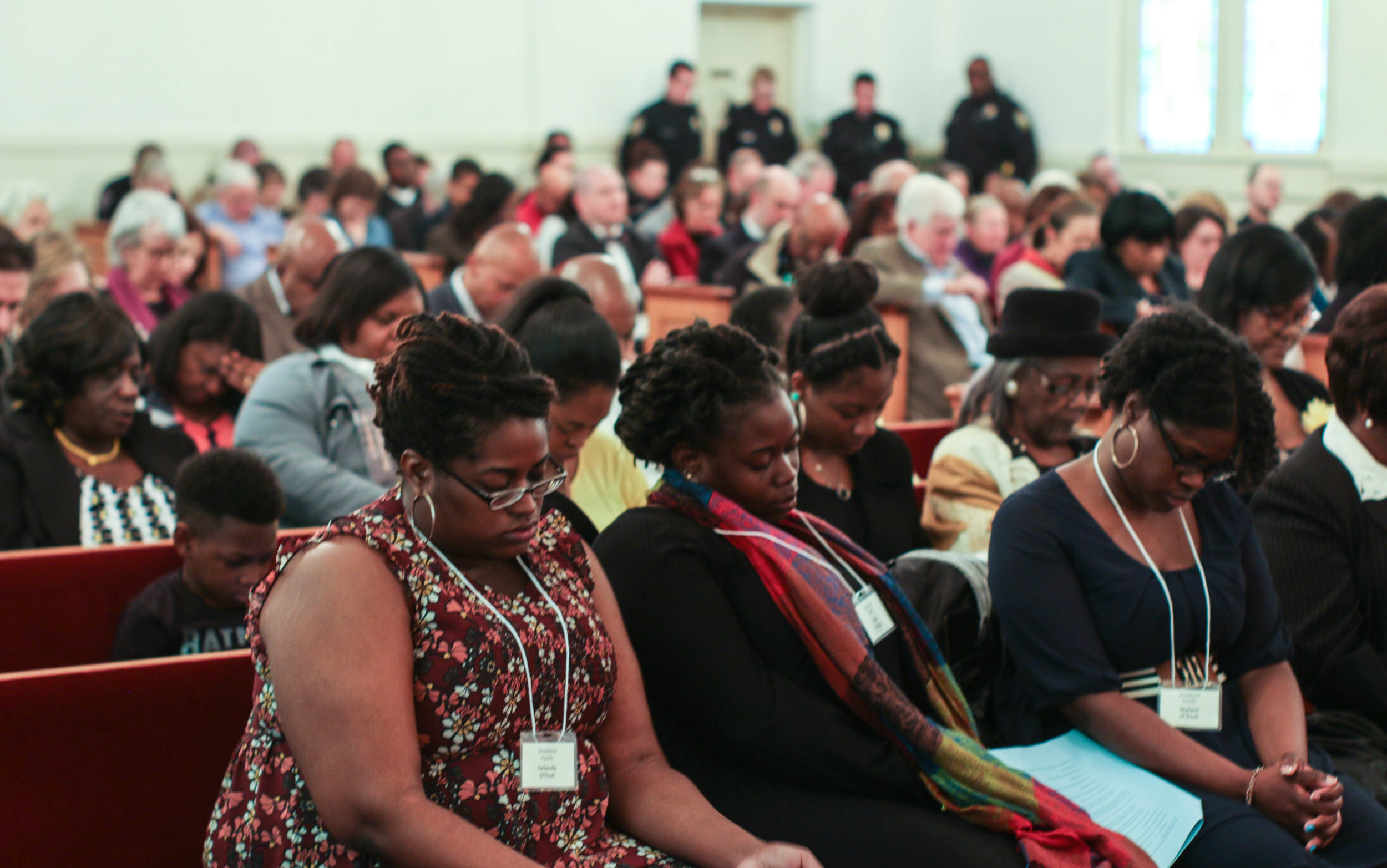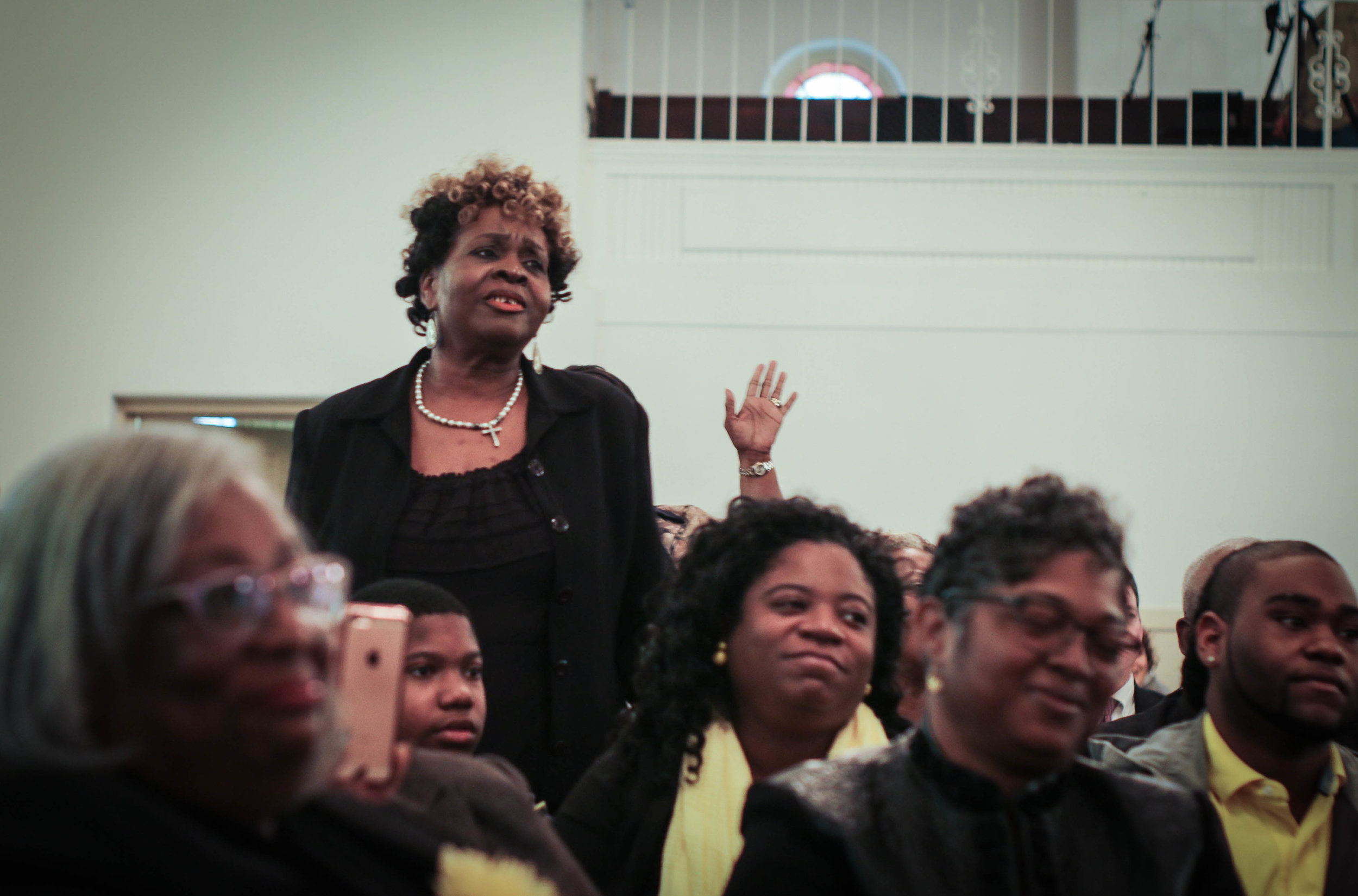Hidden Contamination Beyond Flint
The coronavirus crisis has exposed a disturbing truth: America’s marginalized communities are often hit hardest by public health problems and unable to access vital assistance.
Just a few years ago, Flint’s drinking water crisis highlighted this troubling pattern. After the city made a series of costly missteps, its water supply was contaminated with toxic lead levels. State and federal assistance arrived too late. Other neglected cities—from Newark, NJ to Jackson, MS—have experienced the same problem.
But this isn’t only an urban problem. This past Fall, I researched the dangerous deterioration of drinking water systems in rural communities. Some are as poor, marginalized, and insolvent as Flint—but they are battling severe water contamination in silence. The Environmental Law Institute featured my research in the April issue of their law journal and I spoke about it on their podcast.





